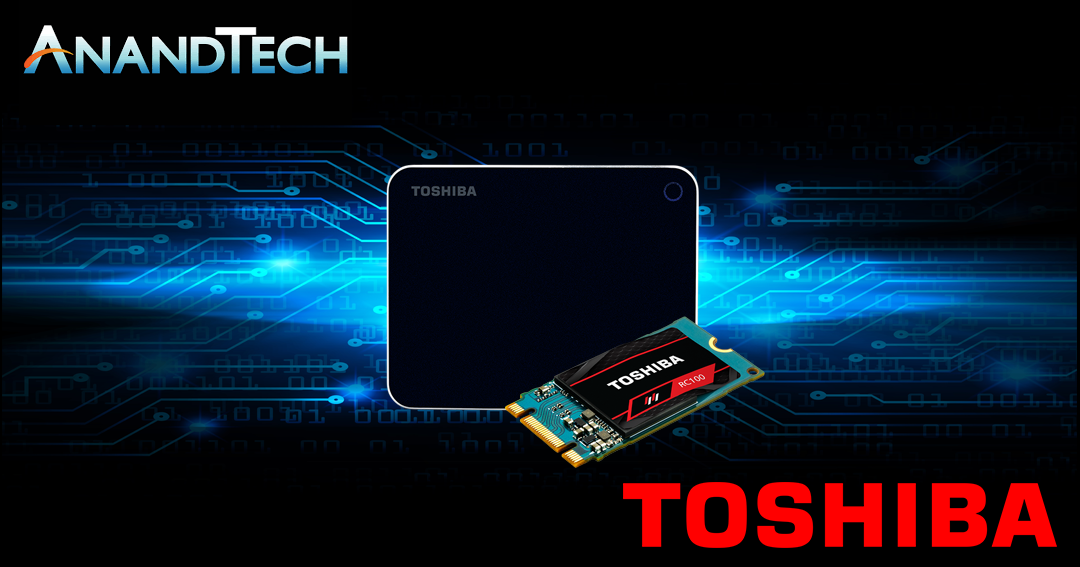If I had to pick *only* one feature for an SSD it would be: Speed.
If not for being fast, a spinning drive wins on several metrics, at least on paper (capacity, price, and resultingly $/GB). But ultimately, the improved user experience from the speed of an SSD is what drives me to chose one. Even if the price is great, I'm not interested in a bottom-tier SSD.
But that doesn't mean that other factors aren't important. In no particular order:
- Reliability&Longevity (separate from endurance) - If I deploy these in my work environment, I need to know they're not going to die and cause downtime. If something happens where a drive dies, a good warranty period AND GOOD WARRANTY SERVICE from the manufacturer are critical.
- Capacity -- is it available in a large enough capacity for me (I'm generally buying 1TB or larger SSDs) is important.
- Price/Value - $/GB and/or $/(GB+Performance)
- Power Consumption/Efficiency - I have workstations where power consumption isn't important, but I also want to be able to put an SSD in a laptop and not have battery life decrease. Idle power needs to be competitive and perf/Watt is important under Active conditions. I realize that an SSD being suited for a workstation may be a *different model* than one suited for a laptop, but a company's portfolio needs to include both.
- Endurance - Gone are the days of NAND (or rather NAND + controller combinations) with 10,000 P/E cycles -- but arguably for most non-Enterprise workloads that was never necessary. I feel like 1,000 P/E cycles is the absolute floor for anything I'm going to want to deploy for a consumer workload where the end-user is not tech savvy and is not managing how much they are writing to disk. Lower P/E (than 1,000), and they're no longer "deploy and forget".
I won't put this as one of my bullet points because it is much more of a secondary concern but I want to illustrate one of my only irritations with an SSD recently:
Performance when full - a bit of a corner case that I just ran into the other day while trying to transfer some Virtual Machines between 2 workstations. I was trying to copy a ~20GB VM to a 250GB SSD with ~34GB of free space, and ~8GB of manual overprovisioning (not part of any partition on the disk, but outside of whatever the drive was set up for out of the factory). About half way through the transfer, performance started to bottom out with the drive slowing to ~80MB/s with dips to 10/MB/s and even several-second long pauses with no transfers. At this point the drive was showing ~ 14GB free + the 8GB of overprovisioning. Clearly the controller had gotten backed into a corner and its garbage collection hadn't erased enough pages/blocks -- but this isn't a bottom-tier drive. I won't name names but the drive is NOT a DRAM-less model, and it isn't using slow planar-TLC. I know that performance can plummet when the drive gets full, but I was expecting more from this drive with this amount of free space supposedly remaining.
I actually ended up cancelling the transfer and switching to a different drive that I don't normally use for huge sequential transfers. I normally avoid it because its sequential write speeds aren't great, but I figured it wouldn't be worse than the terrible speeds I was getting on the other drive. Coincidentally, that drive is a Toshiba. It is an old 256GB Q Series Pro - which as far as I'm aware *is* DRAM-less - but at least for this example, the important factor was that the drive was virtually empty before I started the transfer.



